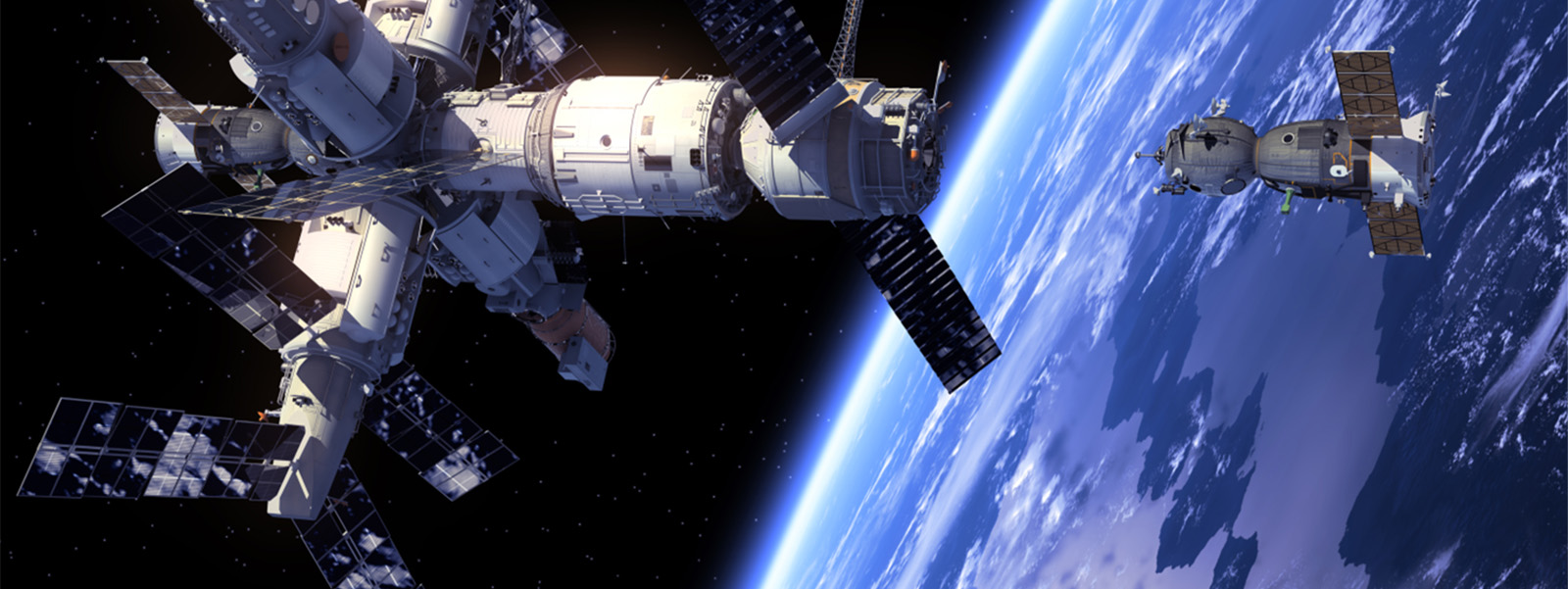
Aerospace Centre of ExcellenceProjects & Case Studies
We work on a range of projects supported by research councils on fundamental research looking for ground-breaking ideas and methods, to industrially linked and industrially funded projects applying our new research methods to practical applications.
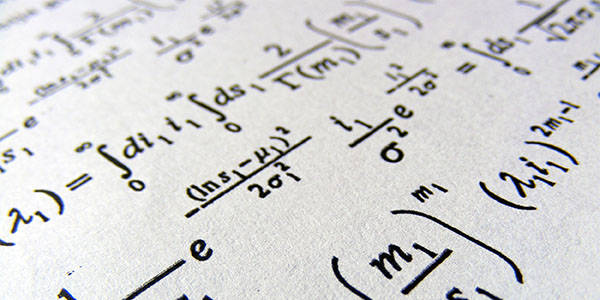
UTOPIAE European Research Training Network
UTOPIAE -- Uncertainty Treatment and Optimisation in Aerospace Engineering -- is a European research and training network looking at cutting edge methods bridging optimisation and uncertainty quantification applied to aerospace systems. The network will run from 2017 to 2021, and is funded by the European Commission through the Marie Skłodowska-Curie Actions of H2020. The network is made up of 15 partners across 6 European countries, including the UK, and one international partner in the USA, collecting mathematicians, engineers and computer scientists from academia, industry, public and private sectors.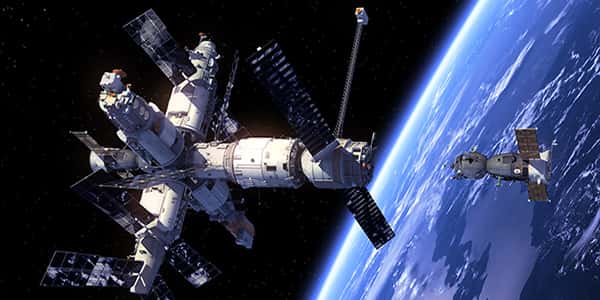
GOCE Re-Entry Prediction Uncertainty Analysis
The aim of this project was to exploit the rich telemetry data set of GOCE to the fullest on the topic of re-entry predictions and extract lessons beyond the re-entry of GOCE itself through theoretical and computational methods helping to predict the orbit evolution of the object in space expected to impact on ground due to loss of altitude due to orbit perturbations.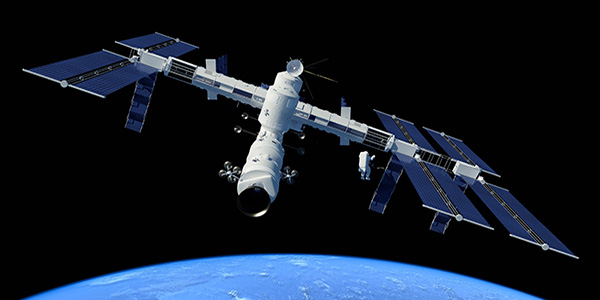
Future UK Small Payload Launcher
UKSA funded investigation to develop their roadmap for building a space access capability in the UK by 2020. The project had two parallel aims: 1- to develop short and long term technical roadmaps for building national capabilities for reusable launch systems for small payloads, and 2- perform technical feasibility studies on different partially re-usable launch systems concepts. Out of the 5 studies selected, we were the only UK-based network.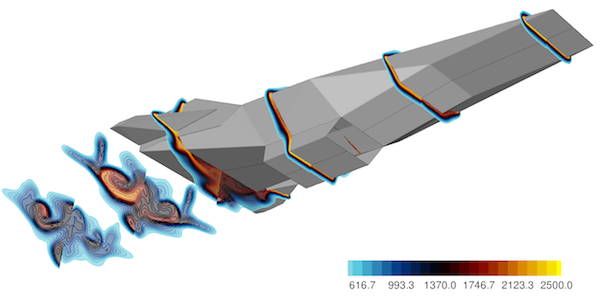
Physics-based Modelling and Simulation of Spaceplanes Nonequilibrium Aerodynamics
The project is a joint effort between the University of Strathclyde and Lockheed Martin that aims at formulating innovative and nonconventional computational approaches that use an explicit description of the dynamics of the molecules of air, i.e., the kinetic theory of gases, to derive a macroscopic model for dynamics of fluids and therefore to perform accurate studies of strongly accelerating, decelerating and distorting flows around vehicles moving at supersonic and hypersonic speeds and at high altitudes. Under a kinetic perspective, it will become possible to address with superior accuracy and consistency with the physics the evolution of wall shear stresses, pressure and heat fluxes distributions and peaks along the vehicle’s surface for aerothermodynamic analysis and design.
